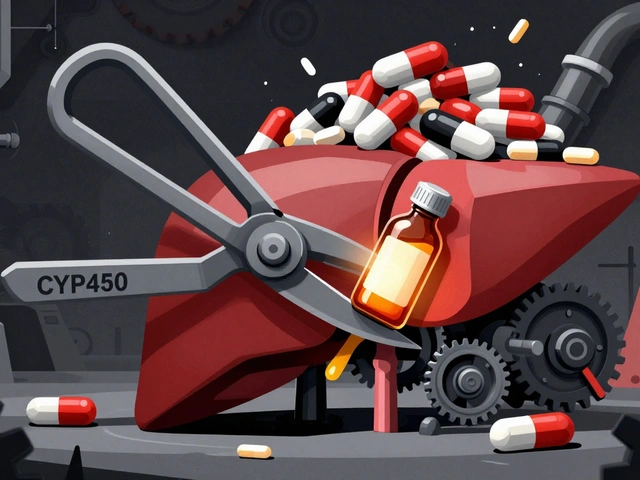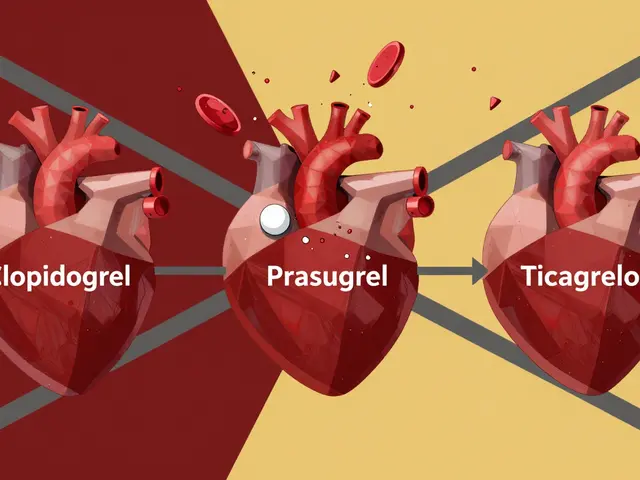DOACs vs Warfarin: What Should You Know?
If you or someone you care for needs a blood thinner, you've probably heard about Warfarin and DOACs (Direct Oral Anticoagulants). These medications prevent dangerous clots, but they work differently and come with their own pros and cons. Understanding how they compare can help you feel confident in your treatment decisions.
What Are DOACs and Warfarin?
Warfarin has been around for decades. It works by blocking vitamin K, which is crucial for clotting. That means it slows down your blood's ability to form clots. DOACs, newer medications, target specific proteins in the clotting process, like factor Xa or thrombin.
One big difference? Warfarin needs frequent blood tests to check if your dose is right. DOACs usually don’t require that, making them easier for many people to manage.
Comparing Safety and Lifestyle
Warfarin can be tricky because foods rich in vitamin K—like spinach or kale—affect how well it works. That means you have to keep your diet steady and avoid certain medicines. DOACs don’t have this problem, so you get more freedom with diet and drug choices.
Bleeding risk exists with any blood thinner, but studies suggest DOACs generally have fewer serious bleeding events than Warfarin. On the flip side, Warfarin has an antidote widely available to reverse its effects in emergencies, though reversal agents for some DOACs are catching up.
Cost is another factor: Warfarin is usually cheaper, but its monitoring costs add up. DOACs can be pricier upfront but save hassle on tests and diet limits.
So, which is better? It depends on your lifestyle, health conditions, and what your doctor recommends based on your situation.
If you’re considering switching or starting blood thinners, talk it over with your healthcare provider. They can help you weigh the benefits and risks and pick the option that fits you best.





